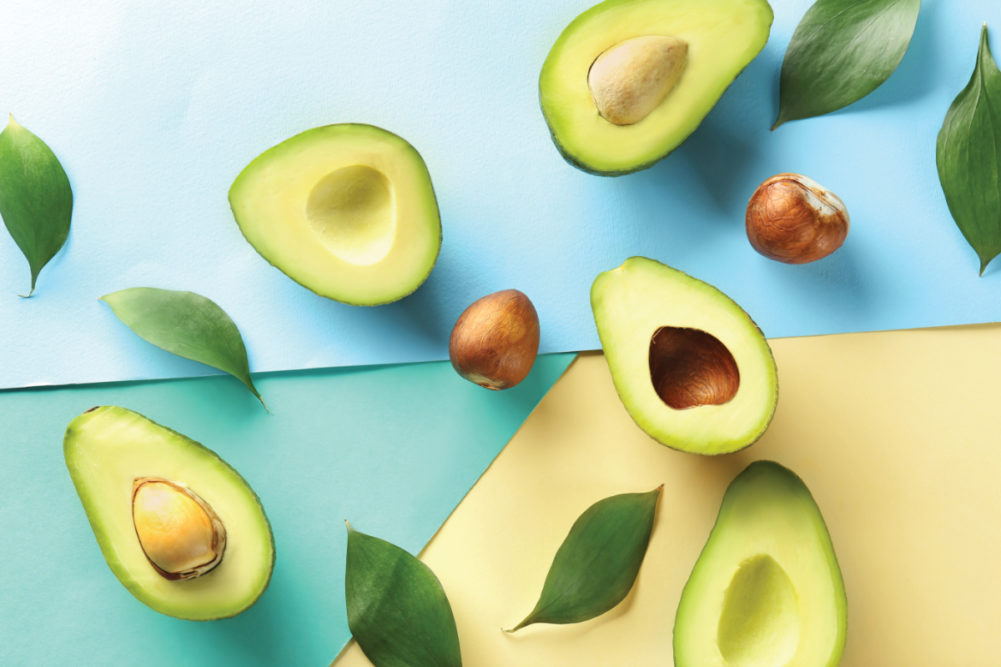OXNARD, CALIF. - Mission Produce has partnered with Hazel Technologies to launch AvoLast by Hazel®, a groundbreaking shelf life extension program that keeps avocados at an optimal level of ripeness for three extra days on average.
The AvoLast program uses a quarter-sized biodegradable and food-safe Hazel packaging insert that temporarily blocks an avocado’s ethylene receptors and slows the ripening process. With more shelf life, consumers get a longer timeframe to enjoy an avocado with ideal freshness, quality and taste. Retailers can also reduce throwaways, in turn increasing profit while creating more positive consumer experiences that drive category growth.
“As consumer trips to the grocery store decrease, AvoLast is the perfect solution to support avocados on the shelf,” said Patrick Cortes, senior director of business development for Mission Produce. “With AvoLast, retailers can continue or enhance their avocado ripening programs without compromising customer experience due to overripe fruit. After testing the solution in various environments throughout our supply chain, the AvoLast program extended the shelf life of ripe fruit by an average of three days. Partnering with Hazel Technologies on this application demonstrates one of many ways Mission continues to invest in innovation and provide value to our customers.”
Alongside its consumer benefits, AvoLast will also significantly reduce global food waste, a profound environmental, ethical and financial threat. In the United States alone, about 30% of all food that is harvested is thrown away, often because of early spoilage. Furthermore, growing produce requires a great deal of resources including water and energy. This means that every time a piece of food is thrown away, these resources go to waste.
“According to the US Department of Agriculture, over 80 billion pounds of food is thrown away each year in the US—an absolutely staggering and tragic figure,” said Aidan Mouat, chief executive officer of Hazel Technologies. “Our AvoLast partnership with Mission allows us to deliver a longer lasting product that reduces waste not just in terms of the actual food, but also in the water used to grow that food and the fuel used to ship it. The impact ripples back through the supply chain.”

